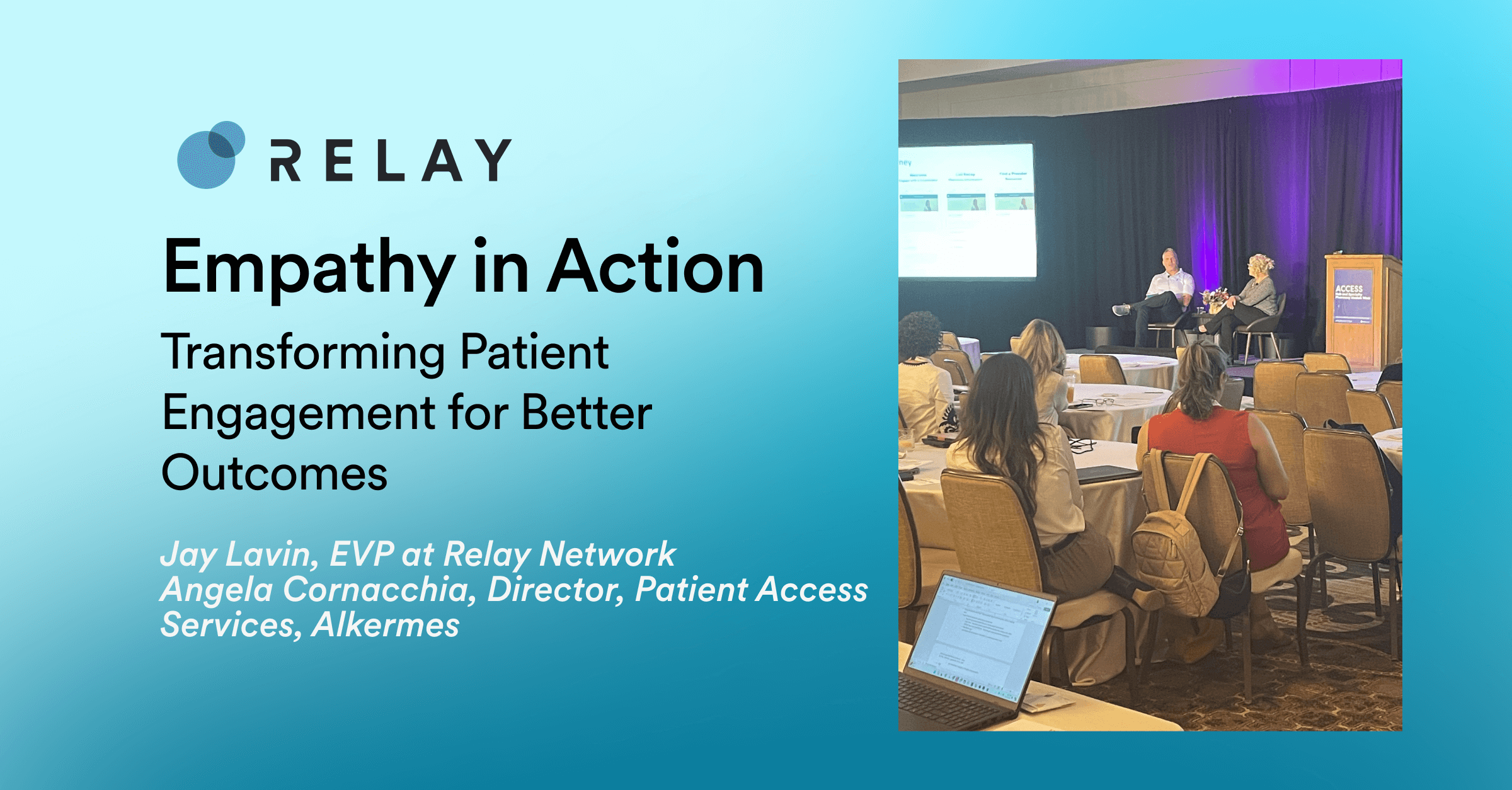
Blog
Helping Enterprises Navigate TCPA Compliance: A Q+A with Privacy Law Attorney Charles Kennedy
The specifics of TCPA – and the courts’ interpretation of them – can be complex and confusing for enterprises, so we conducted a Q&A with privacy law attorney Charles Kennedy to help shed some light on the topic.
Q (Relay): So, what is TCPA?
A (C. Kennedy): It’s the Telephone Consumer Protection Act, passed by Congress in 1991 primarily to deal with unwanted telemarketing calls. One of the TCPA’s goals was to prevent marketers from making automated calls to cellphones, emergency services and certain other kinds of numbers, unless the callers had the mobile recipients’ prior express consent to make those calls. Later, the Federal Trade Commission came up with a national do-not-call list, and that agency and the Federal Communications Commission wrote rules concerning marketing calls to numbers on that list. The FCC interprets the TCPA by writing rules and orders that the courts generally follow when hearing TCPA lawsuits. Those rules and orders go beyond the text of the TCPA and can have a substantial impact on business practices: for example, the FCC has found that text messages, as wells as voice calls, can be covered by prior express consent requirements.
Q: Can you elaborate on “prior express consent?”
A: Congress found that certain types of automated calls are especially harmful to the public and to consumer privacy. For example, if I use an autodialer to generate and dial every possible phone number in an area code, I might end up placing “robocalls” to fire stations, hospital emergency rooms and other places that need to keep their lines free for emergencies. Or, I might call mobile phones of customers that are charged for each minute they spend in conversation, putting a substantial cost burden on those customers for calls they might not want.
The TCPA does not prohibit these calls outright, but it does require the callers to get the called parties’ prior express consent before placing them. Specifically, prior express consent applies to the following: (1) calls made for any purpose, including customer information and debt collection, using an autodialer or delivering an artificial or prerecorded voice message, to emergency numbers and certain other numbers, including a number assigned to a mobile device where the calling party is charged for the call; and (2) marketing calls placed to residential numbers using an artificial or prerecorded voice.
Also, the type of consent required can vary. Some calls require only prior express consent, while other calls require prior express written consent.
Q: I’m still a little unclear on the whole prior express consent thing. When does that come into play and what is involved?
A: First, keep in mind that many calls do not require prior express consent at all. For example, manually dialed calls placed by live agents, including manual telemarketing calls, can be made without the prior consent of the called party as long as the called party’s number is not on the do-not-call list, the call is made after 8:00 a.m. or before 9:00 p.m., and the caller otherwise complies with the TCPA and any applicable state laws. Also, artificial and prerecorded voice calls may be placed to residential numbers without prior express consent if those calls do not include telemarketing content, as long as other TCPA and state requirements are followed. (Confusingly, we still have to deal with state calling laws that can be more restrictive than the TCPA. That’s another subject!)
Keep in mind also that many calls that are subject to prior express consent do not require the consent to be in writing. If an insurance company wants to call a policyholder about a claim, a mortgage company is trying to collect an overdue payment, or a company needs to make any other type of call that does not propose a new purchase, those companies can make those calls by automated means to a customer’s mobile phone on the basis of prior express (non-written) consent. Such prior express non-written consent is obtained when a customer directly provides the business with his or her mobile number as a form of contact for purposes of the relationship – for example, when a customer places a mobile contact number on an account enrollment form. This level of consent permits the communication of both account and service-related messages from businesses to customers. In other words, a business can message a customer about changes to his or her account so long as that customer provided the business with the mobile number to which the message is sent.
Q: OK, that makes sense. So what about when the business wants to send messages that aren’t just account or service updates?
A: This is where prior express written consent comes in. If the business wants to send the customer automated messages that make new product or service offers, the business must be prepared to show that written consent to receive those calls was given. Express written consent does not require a physical signature on a paper form – it can be obtained on a website page, by an interactive voice recording or any other means, as long as a record of the consent is kept. Importantly, the business obtaining the written consent must have provided clear disclosures informing the customer that he or she will receive “marketing messages” or “offers” via automated text or autodialer at a particular number, and that consent is not a condition of purchasing any property, goods, or services from the company. Appropriate capture and management of mobile numbers and customer consent are crucial when it comes to following TCPA requirements in a manner that can be proved in the event of a challenge.
Q: Thank you, Charlie for breaking this down for us!
A: Certainly. I hope this Q&A eliminates some of the confusion surrounding TCPA compliance! If a business has specific questions, of course, professional counsel should be obtained.
Credits: The Kennedy Privacy Law Firm is the law office of Charles H. Kennedy in Washington, D.C. Mr. Kennedy advises clients on a wide range of communications law, privacy law, electronic marketing law and related issues. He has assisted some of the world’s largest financial institutions, technology companies and communications service providers on compliance with surveillance laws, telemarketing and email advertising requirements, children’s privacy, data security and other privacy-related issues. He also represents clients in regulatory proceedings, including rulemakings and investigations. Mr. Kennedy is an author of several books on the law of electronic communications, including: An Introduction to U.S. Telecommunications Law (first and second editions); An Introduction to International Telecommunications Law; Modern Communications Law; and The Business Privacy Law Handbook. Mr. Kennedy received his B.A. from Florida State University and his J.D. from The University of Chicago Law School, where he was an editor of The University of Chicago Law Review and a recipient of the Beale Prize for excellence in legal research and writing. His website is at https://kennedyonprivacy.com
Relay takes the guesswork out of TCPA compliance with our proven Invitation methods. Learn more about that here.
